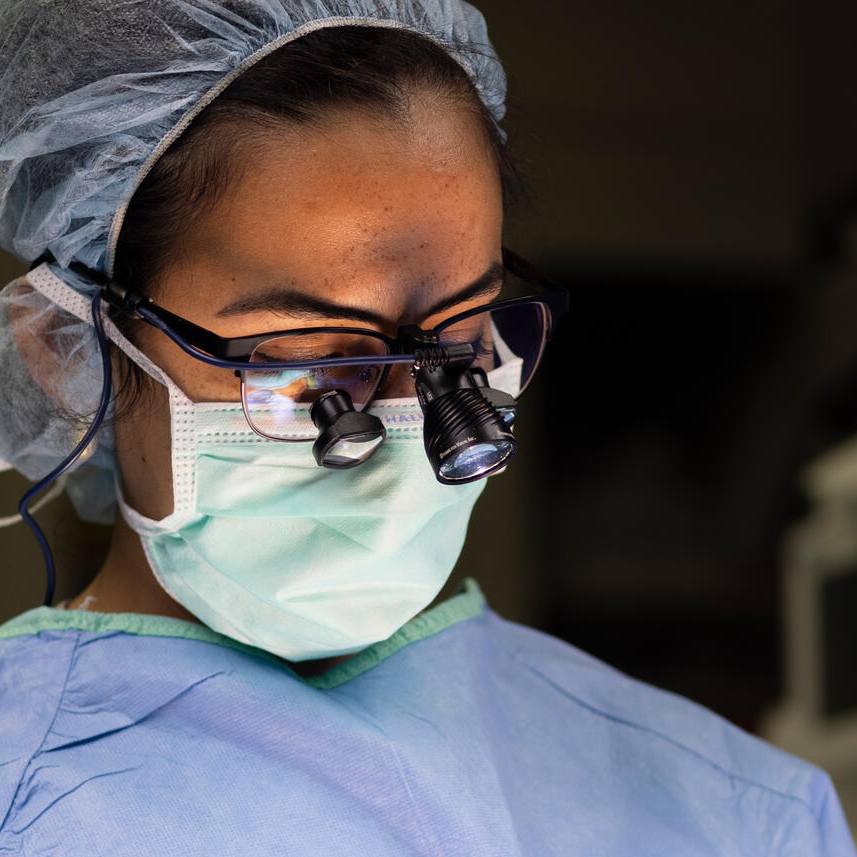-
Can colorectal cancer be prevented?

By Joe Dangor
Researchers from the Mayo Clinic Comprehensive Cancer Center and the Mayo Clinic Center for Individualized Medicine are studying a rare genetic condition called Familial Adenomatous Polyposis (FAP) looking for potential ways to prevent colorectal cancer in the general population at an earlier more treatable stage. The researchers’ findings are published in GUT.
“Colorectal cancer is the third most common cancer in the U.S. and a precursor for this cancer is the development of polyps in the colon,” says Niloy Jewel Samadder, M.D., a gastroenterologist at Mayo Clinic in Arizona. He says FAP is a rare genetic condition that begins with the development of hundreds of colorectal polyps which may eventually become cancerous.
RELATED ARTICLE: Mayo Clinic researcher finds potential target to control rare genetic disease that strikes in teen years
“The biological pathway that leads to the development of polyps and colon cancer in patients with FAP is the same biological pathway as patients in the general population,” says Dr. Samadder. “Our trial looked at opportunities to use chemoprevention agents in patients with FAP to inhibit the development of precancerous polyps in the small bowel and colorectum.”
Researchers found that using the drug erlotinib, which blocks a specific cancer pathway called EFGR, led to a 30 percent reduction in the number of polyps formed in the bowel of patients with FAP. “We are now studying whether these findings can be expanded to the broader patient population that has either genetic or other risk factors that increase their chances of developing small bowel or colorectal cancer,” says Dr. Samadder.
Learn more
Read more stories about advances in individualized medicine.
Register to get weekly updates from the Mayo Clinic Center for Individualized Medicine blog.
Join the conversation
For more information, visit Mayo Clinic Center for Individualized Medicine, or Twitter at @MayoClinicCIM.








